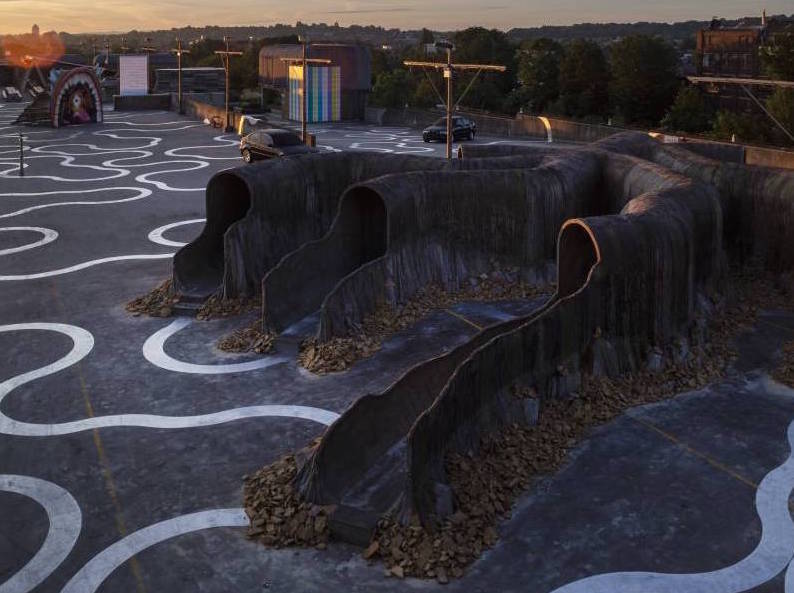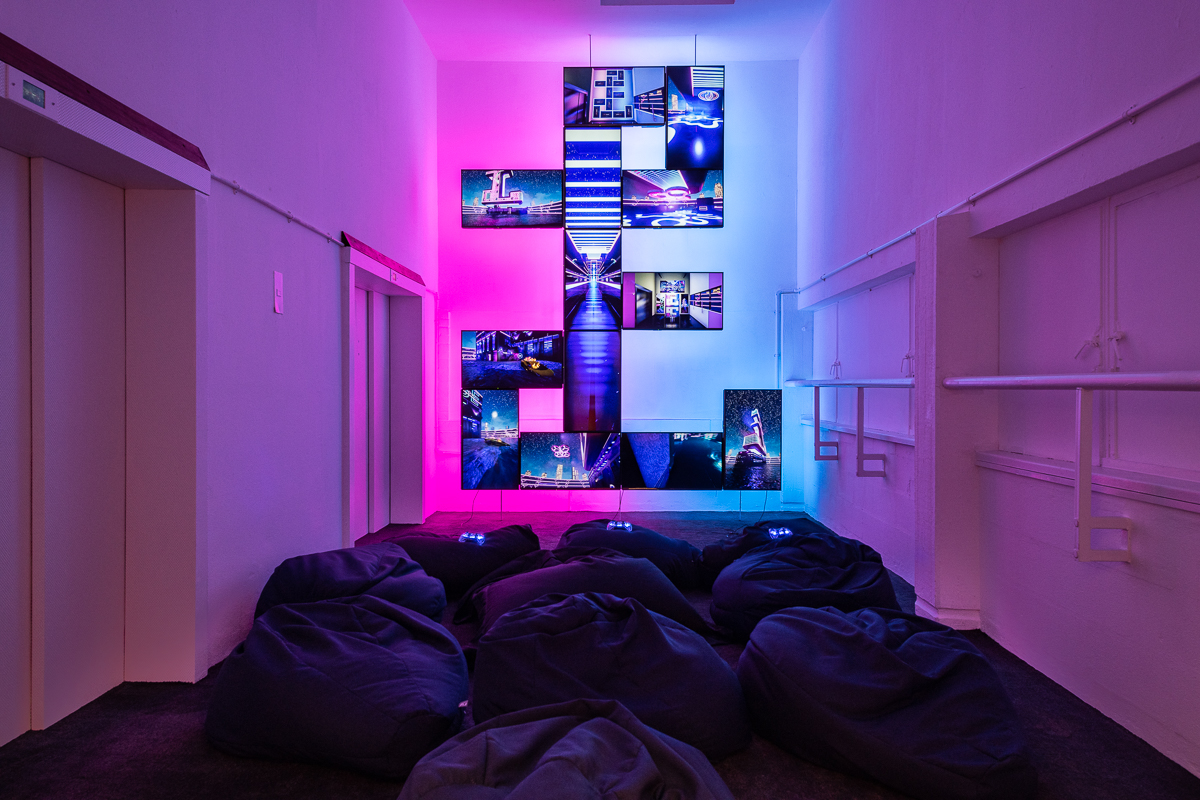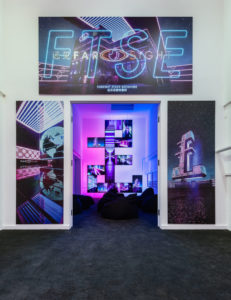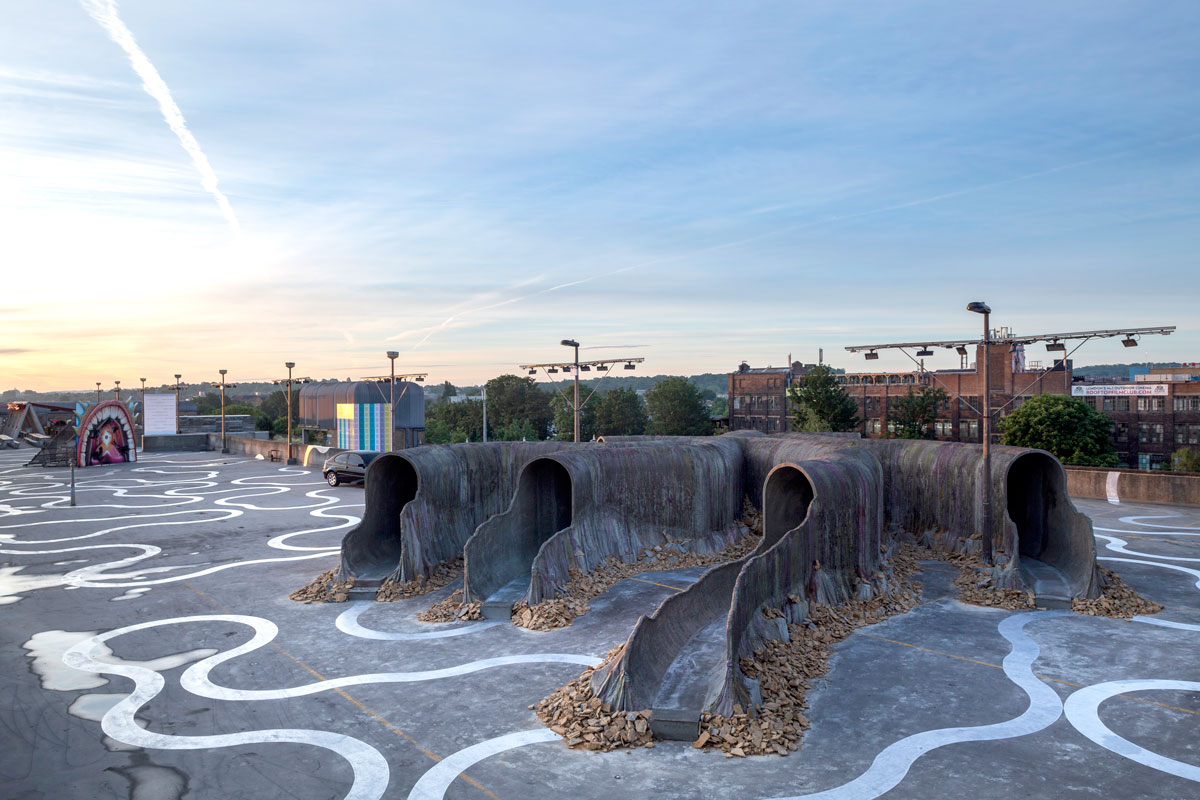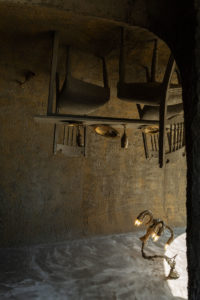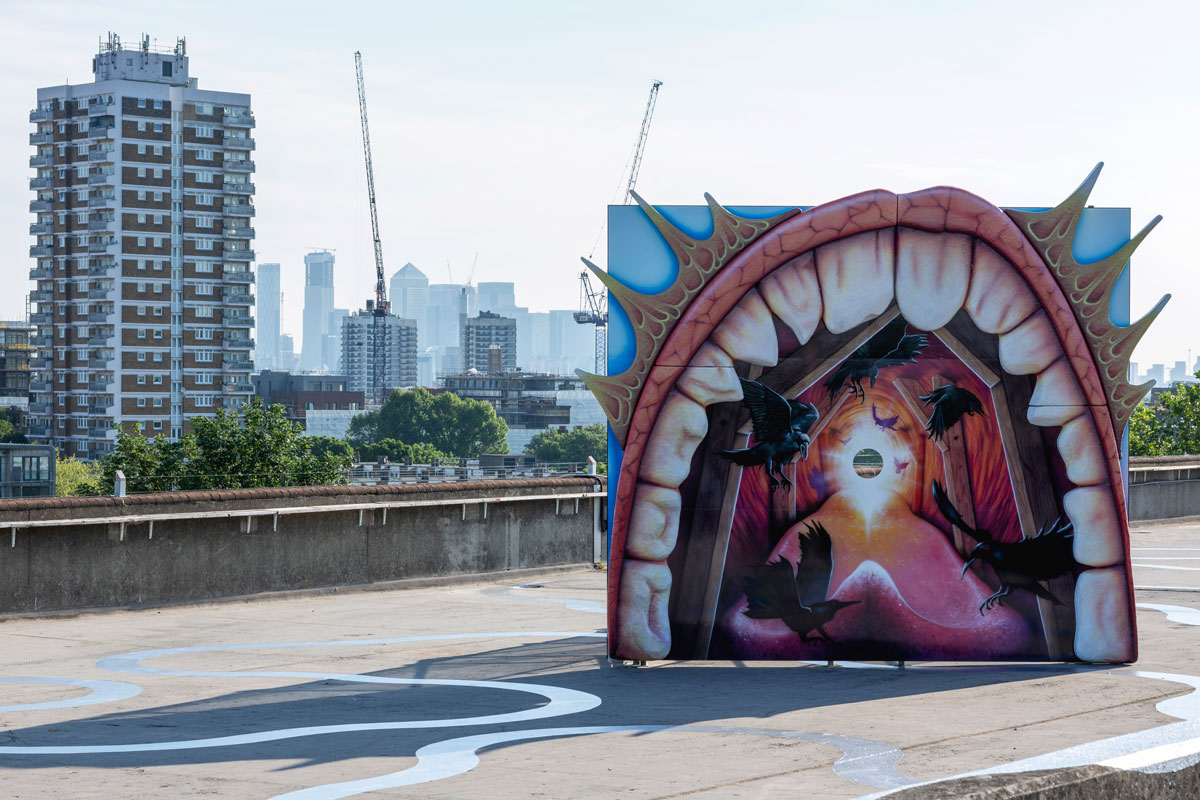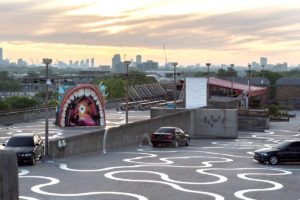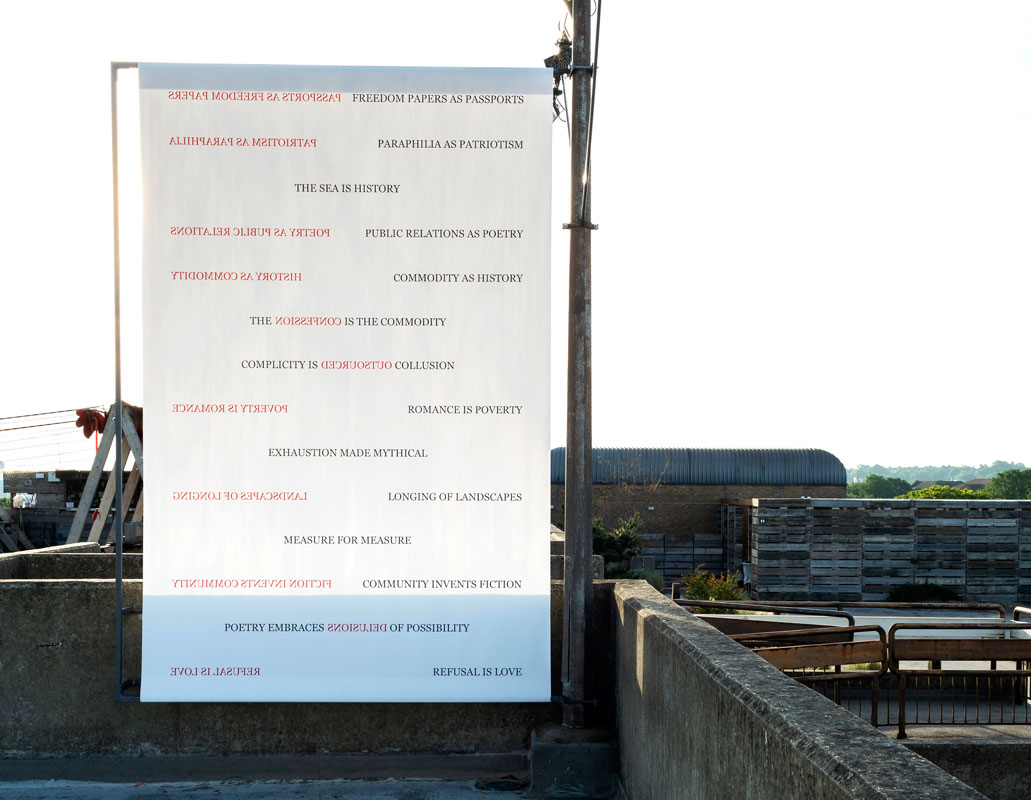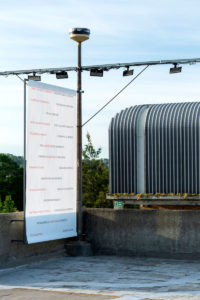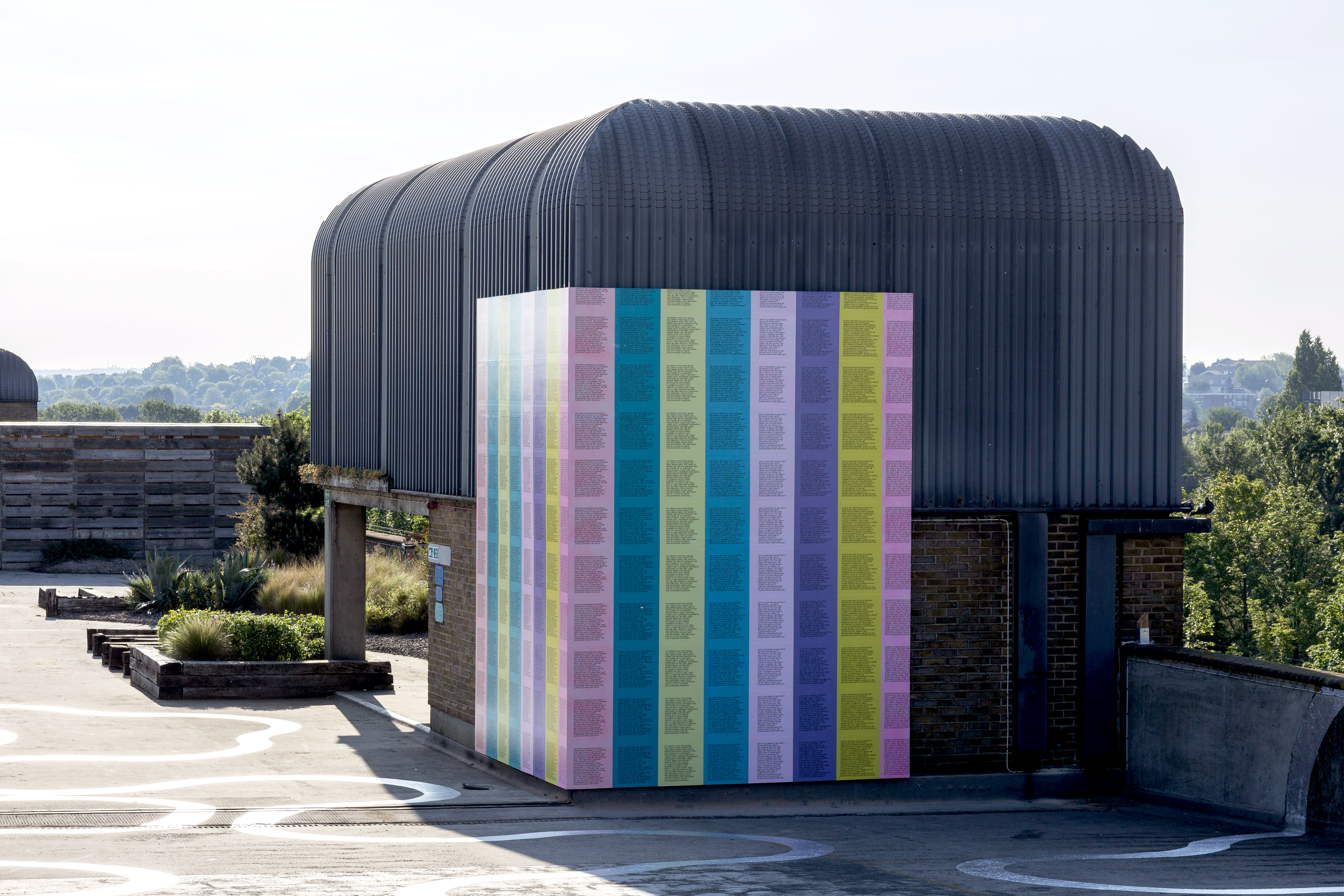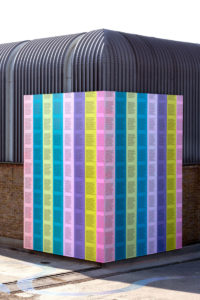FICTION
Whether we consider past, future or present, fiction has a critical role. It provides ways of knowing, understanding and questioning ourselves and our histories; of analysing our cultures and dreaming of new futures. Fiction is the catalyst for its contestation, and counterpart to prevailing notions of fact, truth and perception.
In the last decade our reality has permuted. It is more common now to ask, ‘Is this real or not?’ rather than, ‘Is this right or not?’ Truth, reality and fiction are at the fore of our cultural landscape and it would seem that fiction at times outperforms reality. Used to beguile, confuse and alienate, fiction is also form of hyperstition: conjuring into existence whole new worlds through the process of its own narration.
Siphoning from unearthed sewer networks to global FinTech skyscrapers, gothic carnival facades to suspicious and auditory happenings, our six new commissions together create a wealth of speculative visions that haunt and excite our imagination, representing the diverse and tumultuous landscape of our media, politics, social environments and culture: here the confluence of appearance, fiction and reality is all to play for.


